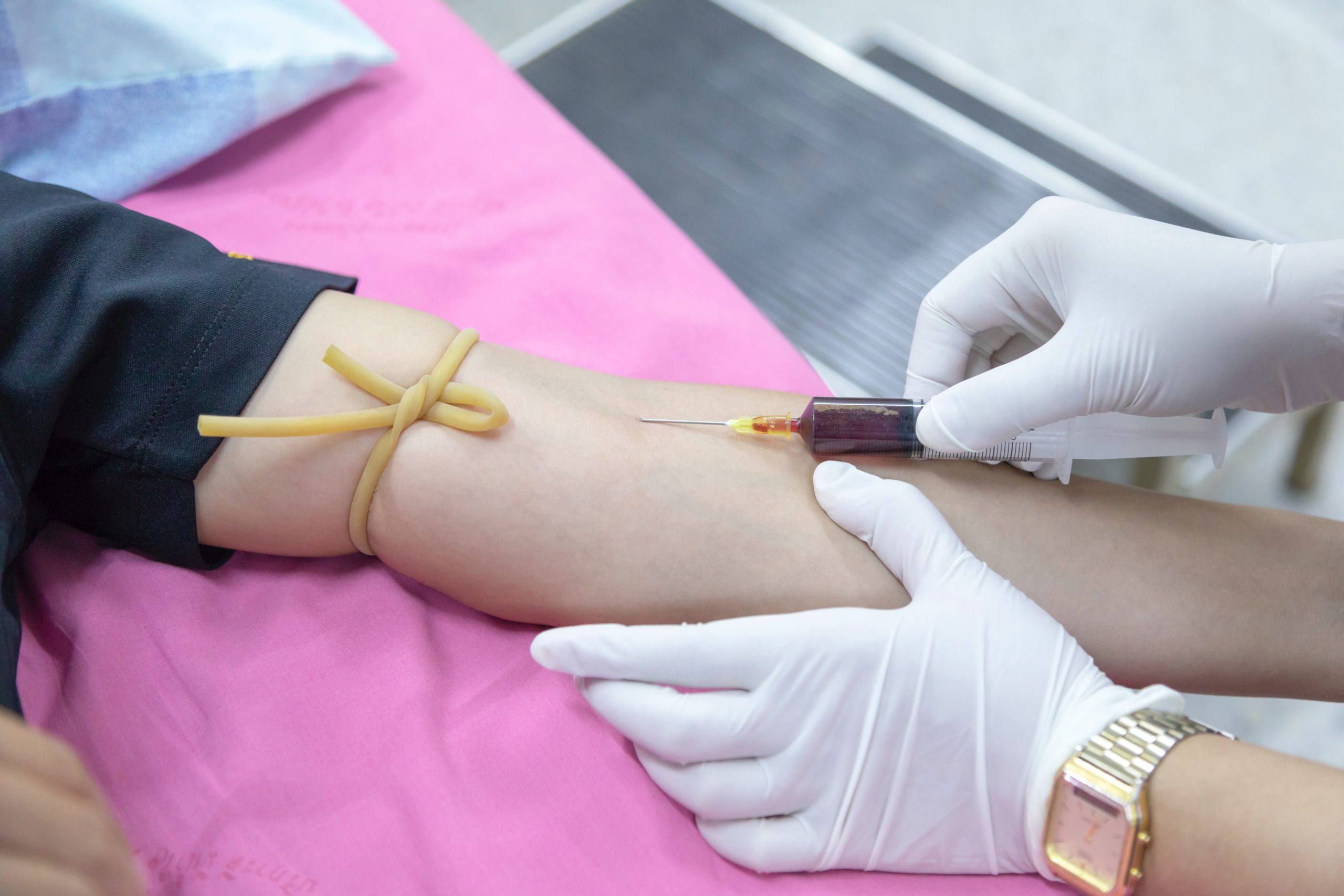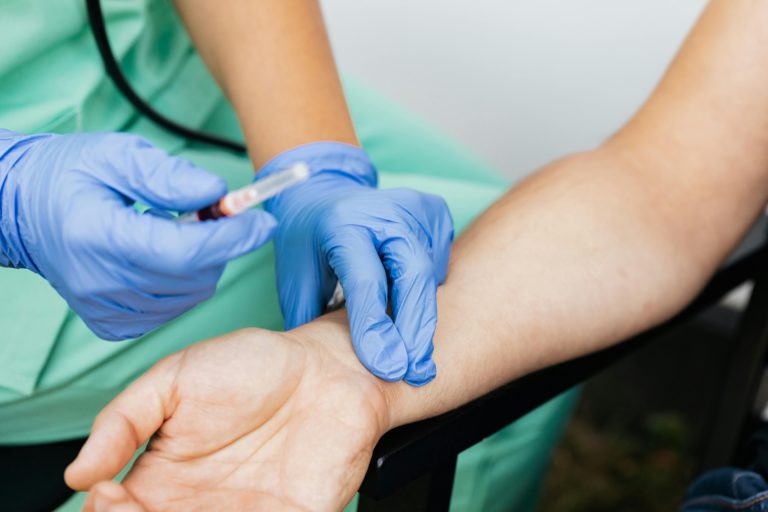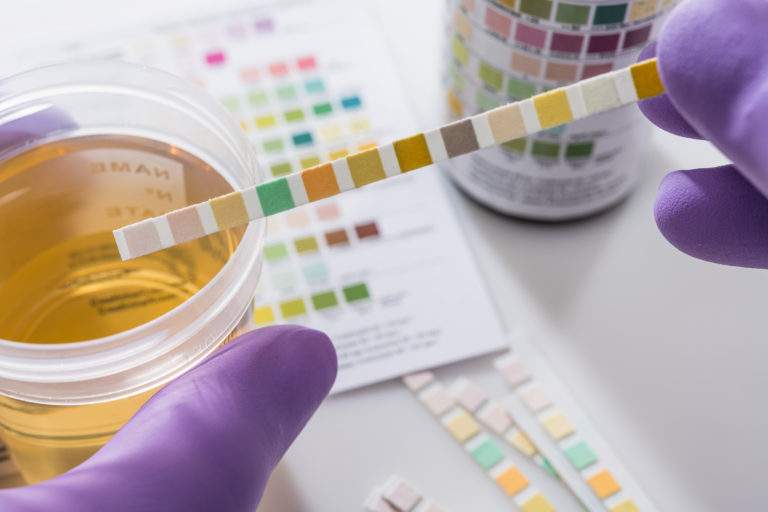
When it comes to blood work, you may have heard that fasting is often required. It’s common advice to abstain from eating or drinking anything except water for a specific period before your blood test. But have you ever wondered why fasting is necessary? What really happens if you eat before blood work? In this article, we will uncover the surprising truth and shed light on the impact of eating before blood tests.
Understanding Blood Work
Blood work involves the analysis of blood samples to evaluate different aspects of a person’s health. It can provide valuable information about cholesterol levels, blood sugar, liver and kidney function, nutrient deficiencies, and much more. Depending on the purpose of the test, healthcare providers may request certain preparations, such as fasting, to ensure accurate results.
Importance of Fasting for Blood Work
Fasting before blood work is important because it helps ensure accurate and reliable test results. When you eat, your body metabolizes the food, breaking it down into various nutrients that circulate in your bloodstream. These nutrients can affect the composition of your blood, potentially altering the results of certain tests. Fasting allows healthcare professionals to obtain a baseline measurement of your body’s normal state, unaffected by recent meals.
Where To Get Tested?
Say Goodbye To Waiting Rooms And Long Lines. Speedy Sticks offers at-home testing.
Exceptions to Fasting
While fasting is commonly required for certain blood tests, it’s important to note that not all tests necessitate it. Some tests, such as routine cholesterol screenings or complete blood counts, do not typically require fasting. It’s crucial to follow your healthcare provider’s instructions regarding fasting or eating restrictions specific to your blood test.
Guidelines for Eating Before Blood Work
If fasting is required for your blood test, it’s essential to follow the guidelines provided by your healthcare provider. Typically, fasting involves refraining from consuming any food or beverages, except for water, for a specific duration. The fasting period can vary depending on the test, ranging from 8 to 12 hours. It’s crucial to adhere to these guidelines to ensure accurate results.
Preparing for Your Blood Test
To prepare for blood work, it’s important to communicate with your healthcare provider and understand the requirements for your specific test. They will provide you with detailed instructions, including whether fasting is necessary and the duration of the fasting period. Make sure to clarify any doubts or concerns you may have to ensure a smooth testing experience.
Say Goodbye To Waiting Rooms And Long Lines. Speedy Sticks offers at-home testing
What Happens When You Eat Before Blood Work?

If you eat before blood work, your body will digest the food and release glucose into your bloodstream. This increase in blood sugar levels can impact tests that measure glucose, such as fasting blood sugar or glucose tolerance tests. Additionally, eating fatty foods can lead to increased triglyceride levels, affecting tests that evaluate cholesterol and lipid profiles.
Impact on Blood Test Results
Eating before blood work can lead to inaccurate test results, which may misguide healthcare professionals in diagnosing and monitoring certain conditions. For example, if you consume a high-carbohydrate meal before a fasting blood sugar test, your blood glucose levels will be higher than expected, potentially leading to a misdiagnosis of diabetes or impaired glucose tolerance.
Common Tests Affected by Eating Before Blood Work
Certain blood tests are particularly sensitive to the influence of food. Here are some common tests that can be affected by eating before blood work:
Fasting Blood Sugar
Eating prior to a fasting blood sugar test can result in elevated glucose levels, leading to inaccurate readings.
Lipid Profile
Consuming fatty foods before a lipid profile test can increase triglyceride levels, affecting the evaluation of cholesterol and lipid levels.
Glucose Tolerance Test
Eating before a glucose tolerance test can interfere with accurate measurements of how your body handles sugar, potentially masking conditions like prediabetes or diabetes.
Common Blood Tests Requiring Fasting
Several blood tests commonly require fasting to obtain accurate results. These include:
Lipid Profile: Measures cholesterol and triglyceride levels.
Fasting Blood Glucose: Evaluates blood sugar levels.
Basic Metabolic Panel: Assesses kidney and liver function, electrolyte levels, and blood sugar.
Renal Function Panel: Analyzes kidney function and electrolyte levels.
Iron Panel: Measures iron levels in the blood.
Remember, this is not an exhaustive list, and your healthcare provider will inform you if fasting is necessary for your specific blood test.
Potential Effects of Eating Before Blood Work
Eating before blood work when fasting is required can potentially impact the accuracy of the results. Consuming food or certain beverages can lead to increased levels of glucose, triglycerides, or other substances in the blood, influencing the interpretation of the test. To ensure reliable results, it’s crucial to adhere to the fasting guidelines provided by your healthcare provider.
Factors to Consider
Several factors may affect the fasting requirements for blood work. These include:
- The type of test being conducted
- The specific markers being measured and
- Your overall health condition
If you have any chronic conditions, take medications, or have dietary restrictions, it’s important to discuss these factors with your healthcare provider to determine the appropriate fasting guidelines for your blood test.
Say Goodbye To Waiting Rooms And Long Lines. Speedy Sticks offers at-home testing
Tips for Proper Fasting Before Blood Work
To ensure accurate results and minimize the risk of misleading diagnoses, it is crucial to follow proper fasting guidelines before blood work. Here are some tips to help you fast effectively:
Check fasting requirements: Consult your healthcare provider or the lab conducting the blood test to understand the specific fasting instructions for your test.
Water is allowed: Unless instructed otherwise, you can usually drink water during the fasting period. Staying hydrated is essential.
Plan your timing: Schedule your blood test for the morning to minimize the duration of the fasting period.
Take medications as prescribed: If you are on medications, check with your healthcare provider if you should continue taking them during the fasting period.
Be mindful of hidden sources of calories: Some medications, supplements, or even chewing gum may contain calories that can break your fast. Read labels carefully and avoid such products.
Alternatives to Fasting
While fasting is generally recommended for accurate blood test results, there may be alternatives available for certain tests. Some healthcare providers may offer non-fasting options, such as random blood sugar tests or postprandial blood sugar tests, which assess glucose levels after a meal. It’s important to consult your healthcare provider to determine if these alternatives are suitable for you.
Is fasting required for all blood tests?
No, fasting is not required for all blood tests. However, certain tests like fasting blood sugar, lipid profiles, and glucose tolerance tests often require fasting to obtain accurate results.
How long should I fast before blood work?
The fasting period can vary depending on the specific test. Typically, it ranges from 8 to 12 hours. Consult your healthcare provider or the lab for the recommended duration.
Say Goodbye To Waiting Rooms And Long Lines. Speedy Sticks offers at-home testing
Can I drink water during the fasting period?
In most cases, you can drink water during the fasting period. However, it’s important to follow the specific instructions provided for your blood test.
What happens if I accidentally eat before blood work?
If you accidentally eat before blood work, it’s essential to inform the healthcare provider or the lab conducting the test. They may advise rescheduling the test or opting for alternative non-fasting options.
Are there any risks associated with fasting for blood work?
Fasting for blood work is generally safe for most individuals. However, if you have specific medical conditions or take medications that require food intake, it’s important to consult your healthcare provider to ensure fasting is appropriate for you.
Conclusion
Fasting before blood work plays a crucial role in obtaining accurate test results. Eating before blood tests can impact various measurements, potentially leading to misleading diagnoses. By following proper fasting guidelines and understanding the importance of this practice, you can ensure that your blood work provides healthcare professionals with valuable and reliable information about your health.








